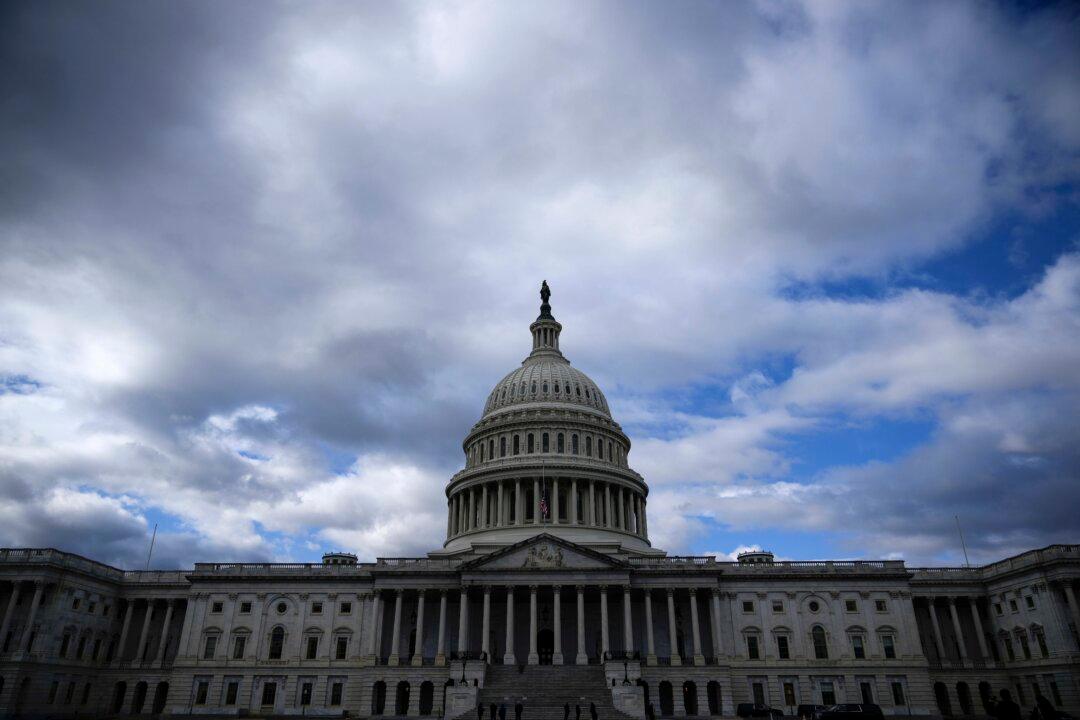The House of Representatives on Feb. 8 passed a bill that would end a vaccine mandate on foreign travelers entering the United States.
H.R. 185, introduced by Rep. Thomas Massie (R-Ky.), is a brief bill.

The House of Representatives on Feb. 8 passed a bill that would end a vaccine mandate on foreign travelers entering the United States.